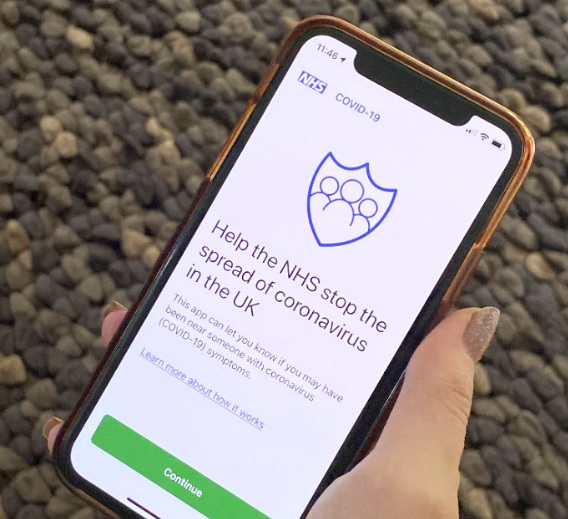
It's reported that new figures suggest the coronavirus app - trialled on the Isle of Wight - has helped to reduce the spread of the virus.
The findings are likely to be highlighted by an official evaluation of the project to be published next week and will increase pressure on the Government to launch the app across the country - according to a report in The Times.
An analysis of the integrated system, being used on the Isle of Wight, appears to show that it has succeeded in containing the infection during a month long trial.
Official Government data of confirmed cases of COVID-19, broken down by local authority areas, shows at the start of the trial on the Isle of Wight on May 7 there had been 154 cases on the Island.
Over the following month, during which time the app and tracing system was in place, a further 47 cases were identified - a rise of 30.5 per cent.
Across England, during the same period, the number of confirmed cases of COVID-19 only rose by 12 per cent.
But the data also reveals that the vast majority of the new infections on the Island were picked up in the first few weeks of the trial.
Between May 7 when the system was put in place and May 26, 45 new cases were identified. However since then only two new infections have been identified.
Experts believe this could be evidence that the integrated system was successful at picking up more cases early and eventually halting the spread of the virus on the Island.
The figures could be influenced by the greater use of tests on the Island, which were only made available nationally to everyone with symptoms nationwide on May 18.
The report adds that Paul Hunter, professor of medicine at the University of East Anglia said the figures suggested that the rate of infection on the island had declined “more rapidly” than might have been expected.
He said:
“It is very hard to draw a definitive conclusion because the overall case numbers on the island are small which makes it hard to prove in a statistically significant way.
“But it does look promising.”
Speaking to The Times, Island MP, Bob Seely, said:
"Clearly these results need to be studied carefully, but one interpretation of this data may be that the app helped to identify cases - as it is designed to do - and by identifying more cases in the population more quickly it has helped people to take action earlier which has prevented the further spread of the virus, which has resulted in a steeper decline.
“One should be cautious, but it may show that the Island has not only provided a place to test the app effectively, but has also shown the effectiveness of the app too.”
The data comes amid reports that Downing Street is cooling on the concept of the app after initial enthusiasm.
Read the full report on The Times here.


 Platform One Announces Winner Of 2024 Wight Noize Competition
Platform One Announces Winner Of 2024 Wight Noize Competition
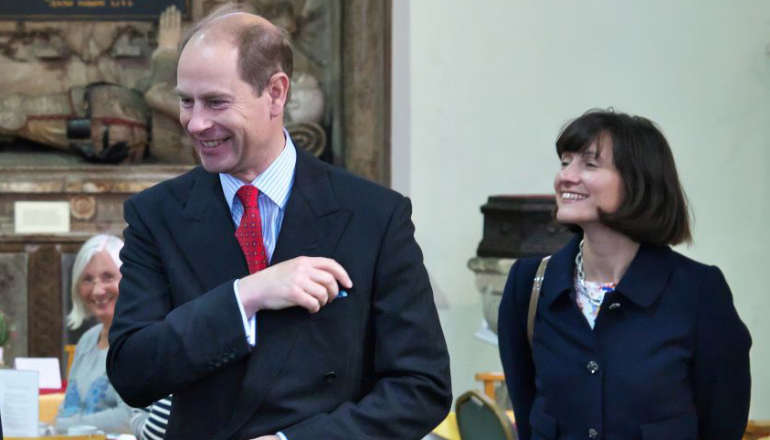 Royal Duke To Visit As Newport Minster Reopens
Royal Duke To Visit As Newport Minster Reopens
 Isle Of Wight Council To Support 'No Mow May' 2024
Isle Of Wight Council To Support 'No Mow May' 2024
 English Coastal Path Complication Amid Osborne House Queen Victoria Collection Fears
English Coastal Path Complication Amid Osborne House Queen Victoria Collection Fears
 Seaview Pub Picks Up National Award
Seaview Pub Picks Up National Award
 Isle Of Wight Radio Child Of Wight Awards 2024 Nominations Now Open
Isle Of Wight Radio Child Of Wight Awards 2024 Nominations Now Open
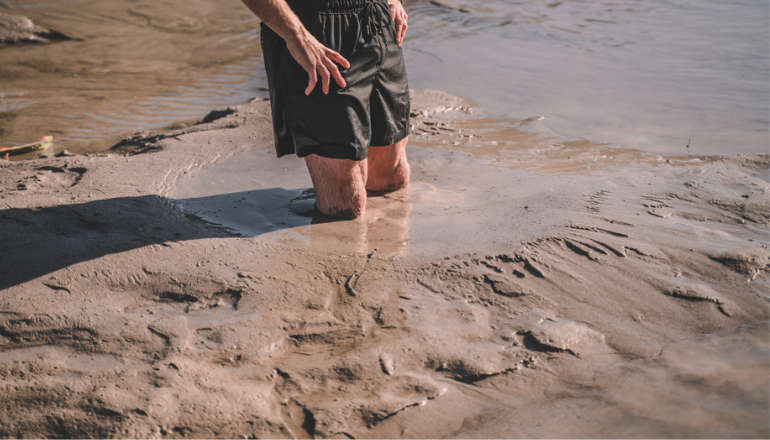 Fire Service Issues Water Safety And Mud Rescue Advice For Isle Of Wight
Fire Service Issues Water Safety And Mud Rescue Advice For Isle Of Wight
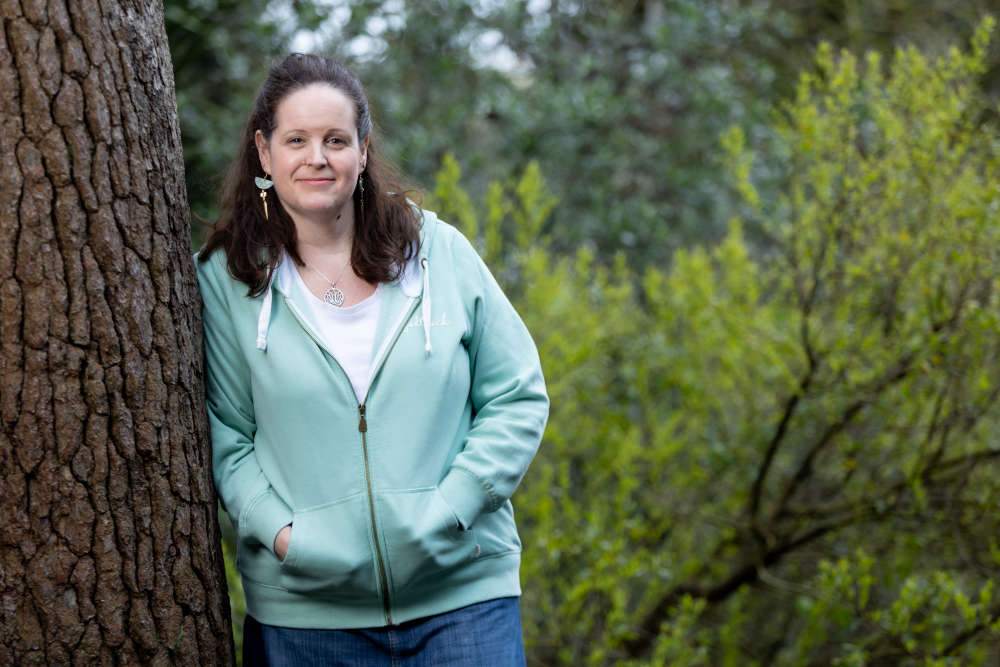 New Online Cancer Support For Local Residents
New Online Cancer Support For Local Residents
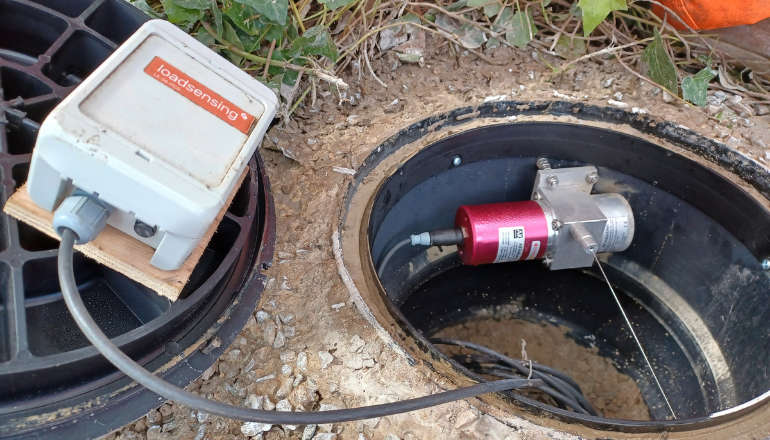 Specialist Monitoring Equipment Now Installed At Leeson Road
Specialist Monitoring Equipment Now Installed At Leeson Road
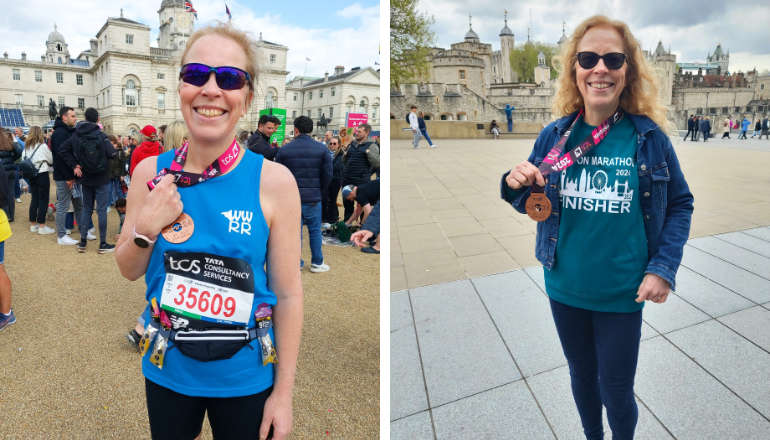 West Wight Runner Jackie Follows PB Marathon Run With Eastenders Appearance
West Wight Runner Jackie Follows PB Marathon Run With Eastenders Appearance
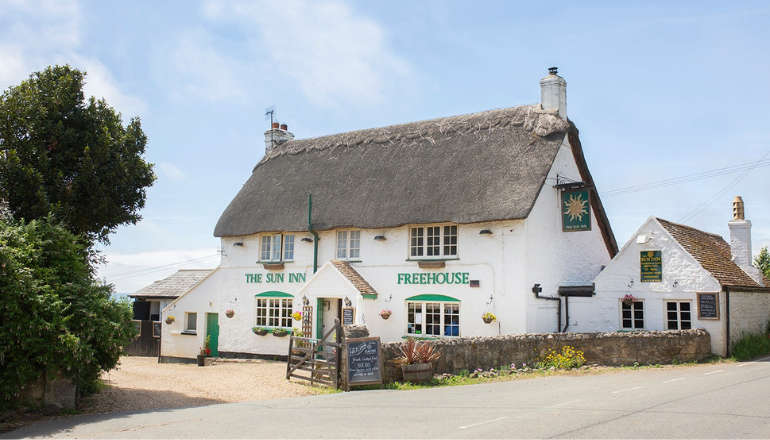 West Wight Pub Can Now Be Listed As 'Asset Of Community Value'
West Wight Pub Can Now Be Listed As 'Asset Of Community Value'
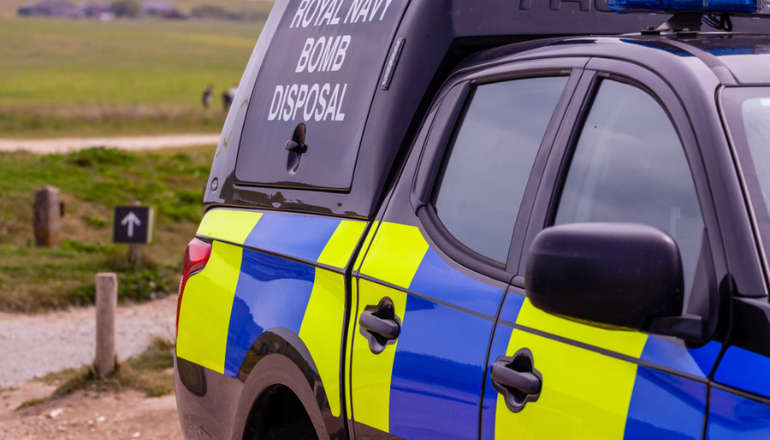 Royal Navy 'Bomb Squad' Called To Seaview Following Ordnance Alert
Royal Navy 'Bomb Squad' Called To Seaview Following Ordnance Alert
 Automated Gates Arrive On Wightlink’s FastCat Foot Passenger Route
Automated Gates Arrive On Wightlink’s FastCat Foot Passenger Route
 Help Keep Isle Of Wight Streets Neat – Bring Your Bin In
Help Keep Isle Of Wight Streets Neat – Bring Your Bin In
 Two Passengers Injured Following Bus Crash In Ryde
Two Passengers Injured Following Bus Crash In Ryde
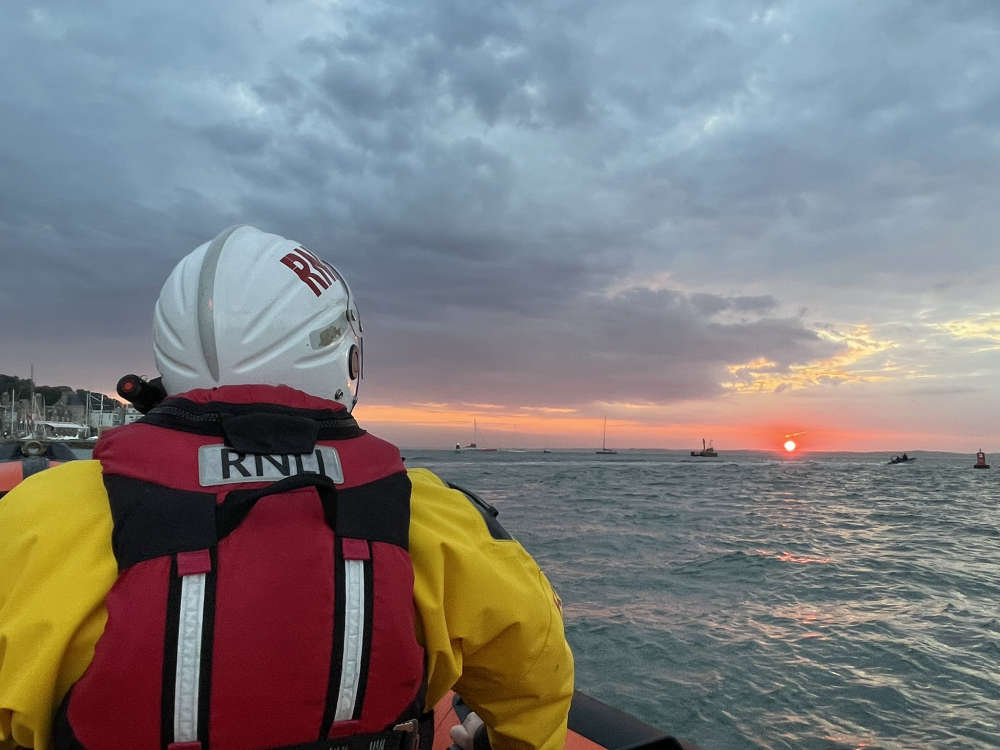 Late Night Reports Of Collision Spark Extensive Land, Sea And Air Search
Late Night Reports Of Collision Spark Extensive Land, Sea And Air Search
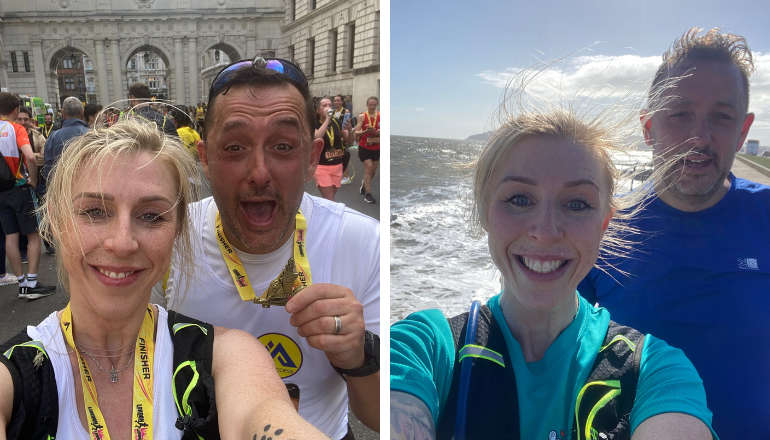 Islanders Taking On London Marathon Today For Local Charities
Islanders Taking On London Marathon Today For Local Charities
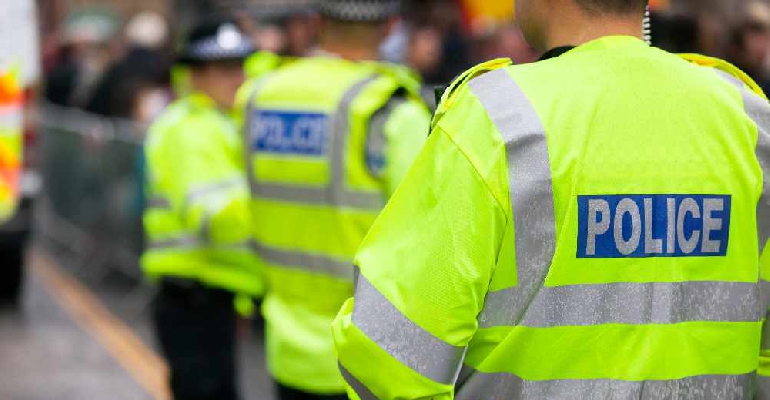 Four Men Arrested Following Rogue Trader Activities In East Cowes
Four Men Arrested Following Rogue Trader Activities In East Cowes
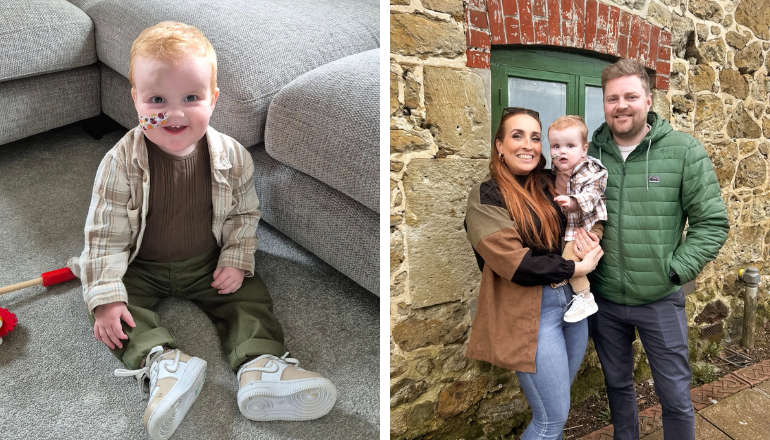 Rugby Players Set To Scale Great Heights For Teddy
Rugby Players Set To Scale Great Heights For Teddy
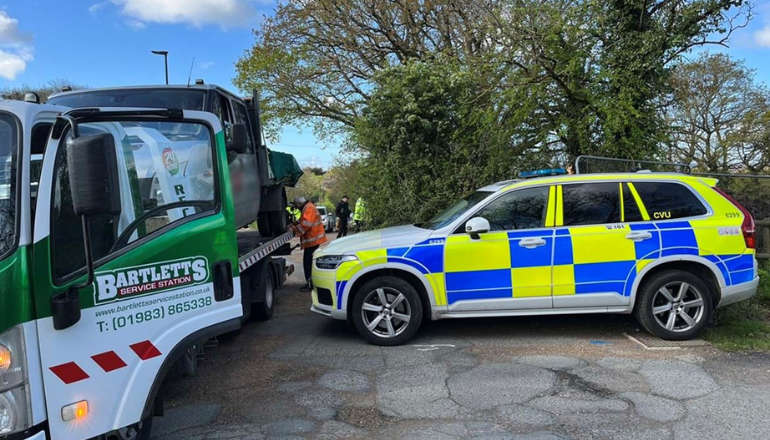 Drug Driving, Domestic Abuse And Stalking Among Arrests Made As Police Target Isle Of Wight Criminals
Drug Driving, Domestic Abuse And Stalking Among Arrests Made As Police Target Isle Of Wight Criminals


